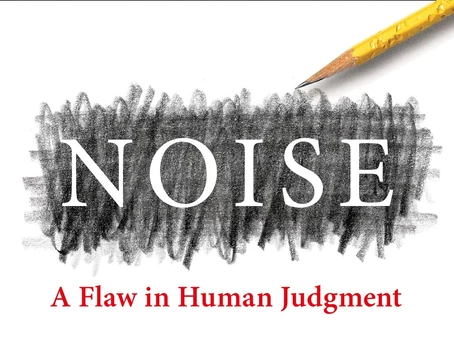Collaboration and data privacy
Modern research is collaborative in its nature. Medical evidence is stronger when replicated (i.e. run on the same data by an independet research group) and even stronger when reproduced (i.e. run on another set of data by an independer research group yielding more or less the same results); replicating research is often the first step in reproduction. Regulators already ask for multi-site trials in many, if not most, cases. All of these require close collaboration among groups of researchers in different georgraphic locations.
In medical research, if at first you do succeed, try and try again.
Reproducing research requires collaboration because the published literature rarely describes the experimental workflow such that readers can understand the process at a high level and have all the nitty gritty details needed to replicate the research. Replicating research means sharing data which often impedes collaboration.
Most jurisdictions limit the geographical location for storing patient data, the level of conscent required to use patient data in research, the level of encryption the data needs to have at rest and in transit, and other restrictions. If the restrictions are hard to follow, differences between jurisdictions can make it very hard and expensive to share data across state and national lines.
De-identification and anonymisation are often used in research as identifying features such as names and addresses are rarely needed in medical research.
Cryptographers have suggested Differential Privacy as a way to degrade data so that it is harder to re-identify patients. The idea depends on the assumption that there is such a level of data degregation that makes re-identification harder without degrading the data so much that they become unreliable. Finding this ideal amount of degredation is more of an art than a science and many question whether it could even exist in clinical research.
Evidentli has taken a different approach to collaboration that doesn't require sharing data at all.
Evidentli's approach alleviates the need to share data at all so collaboration is easy.
Because our research automation platform Piano uses an open, popular and standard data model, research can be replicated, literally, with a push of a "copy" button. When a research project is copied, the analytic methods are copied without the underlying data. A collaborator can then reproduce the exact project on their own data set confident in knowing that the project was replicated accurately.
An AI produces a high-level and accurate description of the research workflow that can be understood by a reader, as well as a more accurate descriptions that can be used to reproduce research manually even without Piano.
The aim of resarchers is to reproduce research, not copy sensitive data. That's why Evidentli deilvers on the former without needing the latter.







Leave a Reply
Comments, questions or queries? Let us know!"